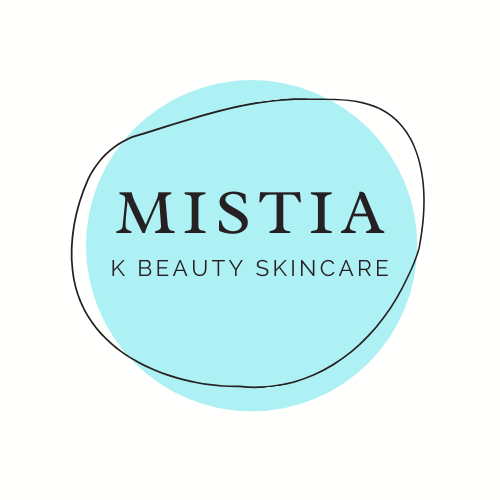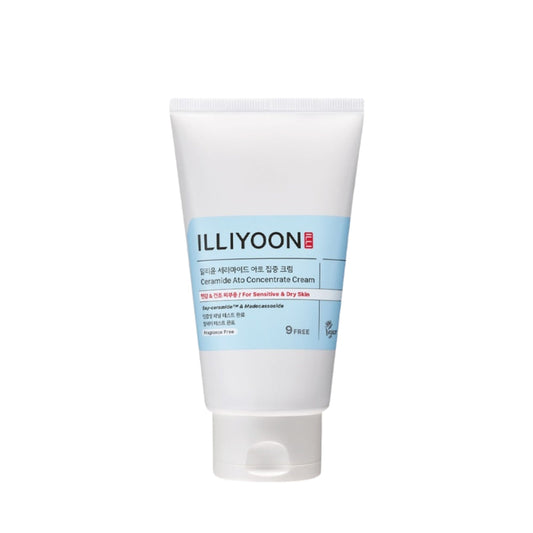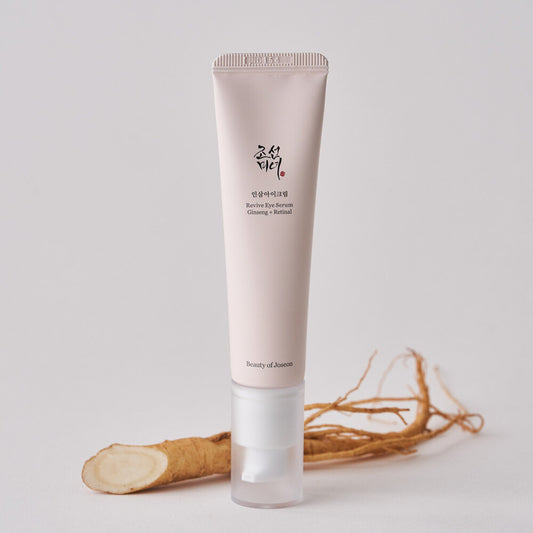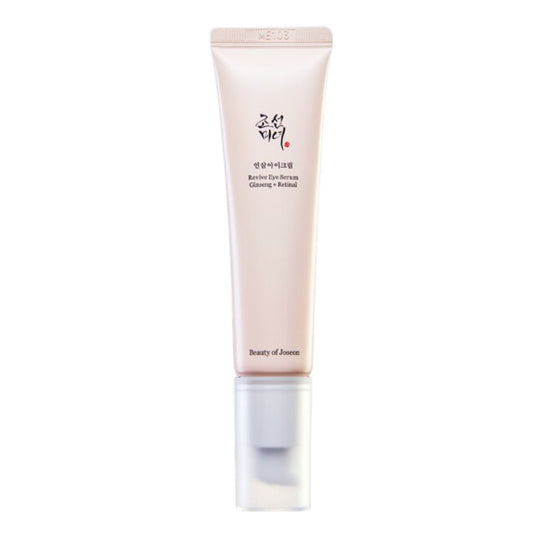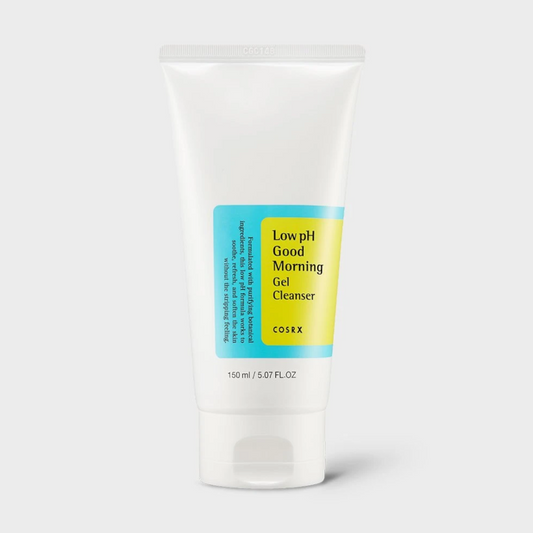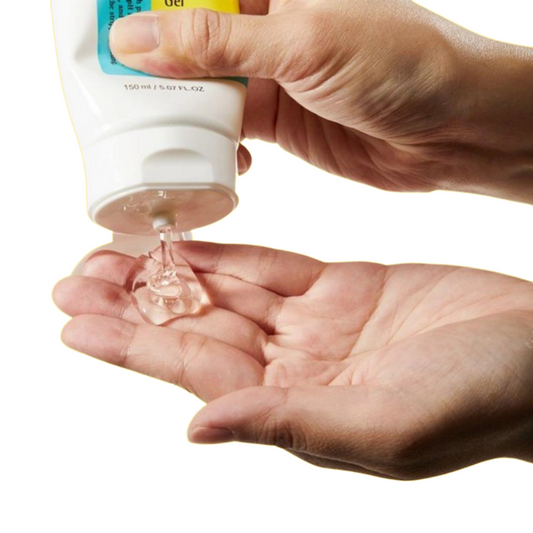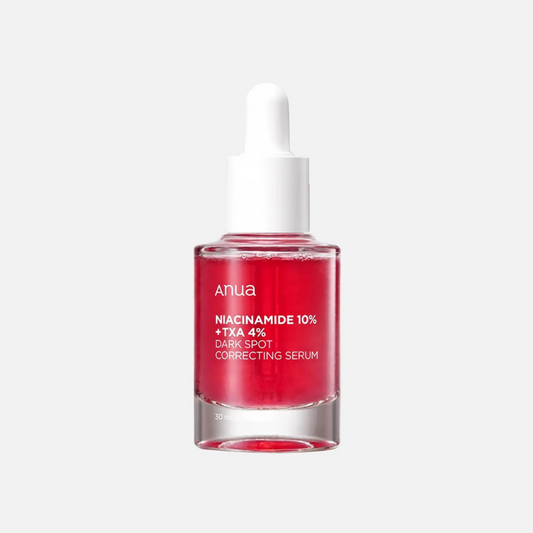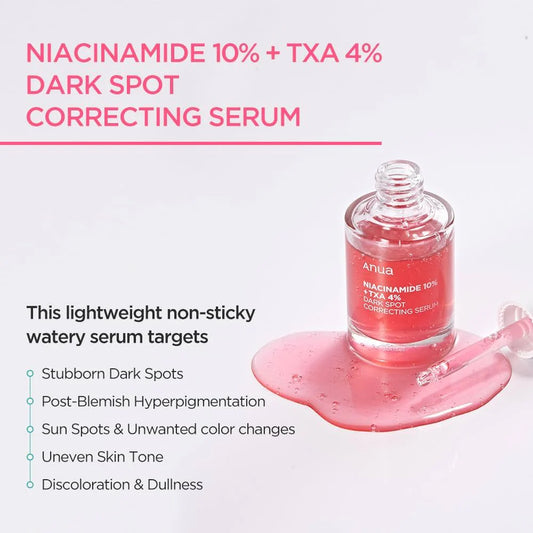
Vegan Skincare: Is It Really All That Good?
Share
The popularity of vegan skincare is on the rise, and for good reason. Many people are drawn to it because of ethical concerns, a desire to be more environmentally conscious, and a preference for natural beauty products. However, simply seeing a "vegan" label isn't enough. Let's explore the world of vegan skincare together, breaking down the ingredients, ethical considerations, and how to make it work for you.
What Does "Vegan" Really Mean in Skincare?
At its core, vegan skincare means no animal-derived ingredients. This might seem straightforward, but it involves understanding where ingredients come from. Here are some common animal-derived ingredients and their plant-based replacements:
-
Collagen:
- What it does: Helps skin stay firm and elastic.
- Where it comes from: Animal skin, bones, and cartilage.
- Vegan alternatives: Plant-based collagen (made through fermentation) or ingredients that boost your skin's own collagen (like vitamin C and peptides).
-
Gelatin:
- What it does: Thickens and creates a smooth texture.
- Where it comes from: Animal bones and tissues.
- Vegan alternatives: Plant-based thickeners like xanthan gum, carrageenan (from seaweed), and agar-agar.
-
Lanolin:
- What it does: Moisturizes and protects the skin.
- Where it comes from: Sheep's wool.
- Vegan alternatives: Plant oils and butters like shea butter, jojoba oil, and coconut oil.
-
Carmine:
- What it does: Provides a red color.
- Where it comes from: Crushed insects.
- Vegan alternatives: Mineral oxides, beet root extract, and other plant pigments.
-
Glucosamine:
- What it does: Soothes irritated skin.
- Where it comes from: Shellfish or animal cartilage.
- Vegan alternatives: Glucosamine from fermented corn or mushrooms, and plant extracts like chamomile.
-
Lactose:
- What it does: Attracts moisture to the skin.
- Where it comes from: Milk.
- Vegan alternatives: Vegetable glycerin, hyaluronic acid (often vegan), and aloe vera.
-
Honey:
- What it does: Moisturizes and has antibacterial properties.
- Where it comes from: Bees.
- Vegan alternatives: Agave or maple syrup, or aloe vera gel.
-
Beeswax:
- What it does: Creates a protective barrier on the skin.
- Where it comes from: Bees.
- Vegan alternatives: Candelilla wax, carnauba wax, and soy wax.
Why Choose Vegan Skincare?
The choice to embrace vegan skincare often stems from a deep-seated ethical commitment to animal welfare. Consumers are increasingly aware of the exploitation and harm inflicted upon animals in the production of cosmetics. Furthermore, the environmental impact of animal agriculture, including greenhouse gas emissions, deforestation, and water pollution, provides a compelling reason to seek plant-based alternatives.

What are the skin benefits?
- Gentler on Sensitive Skin: Vegan skincare products often rely on natural, plant-based ingredients, which can be gentler on sensitive skin. They tend to contain fewer harsh chemicals, artificial fragrances, and other potential irritants.
- Nutrient-Rich Ingredients: Plant-based ingredients are often rich in vitamins, antioxidants, and essential fatty acids that can nourish and revitalize the skin. Many plant extracts and oils contain vitamins, antioxidants, and essential fatty acids that nourish the skin.
- Reduced Exposure to Potentially Harmful Chemicals: Vegan skincare products often focus on natural or non-toxic formulations, avoiding harsh chemicals, parabens, sulfates, and synthetic fragrances that can irritate or harm the skin and body.
Vegan vs. Cruelty-Free: What's the Difference?
It is critical to distinguish between "cruelty-free" and "vegan." While cruelty-free signifies that a product and its ingredients have not been tested on animals, vegan signifies that the product contains no animal-derived ingredients. Ideally, consumers seek products that are both cruelty-free and vegan, and organizations like Leaping Bunny and PETA provide certifications to help consumers identify such products.
Is Vegan Skincare all Good? What are limitations?
While it offers numerous benefits, it's not a universally superior option. "Natural" does not always equate to "allergy-free," and plant-based ingredients can still trigger reactions in sensitive individuals. The potency of natural ingredients can fluctuate, leading to inconsistencies in product efficacy. Natural products are also more susceptible to microbial contamination, requiring effective and safe preservation systems. Replicating the functionality of certain animal-derived ingredients with plant-based alternatives can be challenging, and high-quality, sustainably sourced plant-based ingredients can be expensive.
Moreover, some brands may engage in "greenwashing," capitalizing on the "vegan" trend without adhering to strict ethical or sustainable standards. It's crucial to research brands and look for certifications from reputable organizations. Vegan skincare may not be the optimal solution for every skin concern, and some skin conditions may require specific ingredients or formulations that are not readily available in vegan products. It's also worth noting that some synthetic ingredients are created to be safer and more stable than natural ingredients, and some individuals may react negatively to certain natural ingredients while thriving with synthetic ones.
Therefore, when incorporating vegan skincare into your routine, it's essential to read ingredient lists carefully, seek certifications from reputable organizations, patch test new products, choose products that suit your skin type, research brands, embrace natural ingredients, and be patient. Ultimately, the best skincare routine is one that addresses your specific needs, aligns with your values, and promotes healthy, radiant skin.
Resources:
- https://www.clinikally.com/blogs/news/vegan-skincare-in-unravelling-the-truth
- https://www.inikaorganic.com/blogs/natural-beauty-hub/how-vegan-brands-help-the-environment
- https://www.mdpi.com/2079-9284/2/2/48
- https://pubmed.ncbi.nlm.nih.gov/24175401/
- https://www.revivalabs.com/is-natural-skincare-always-better-a-look-at-the-evidence/
- https://wearefeel.com/en-int/blogs/learn/what-is-vegan-collagen-benefits-risks-comparison-guide
